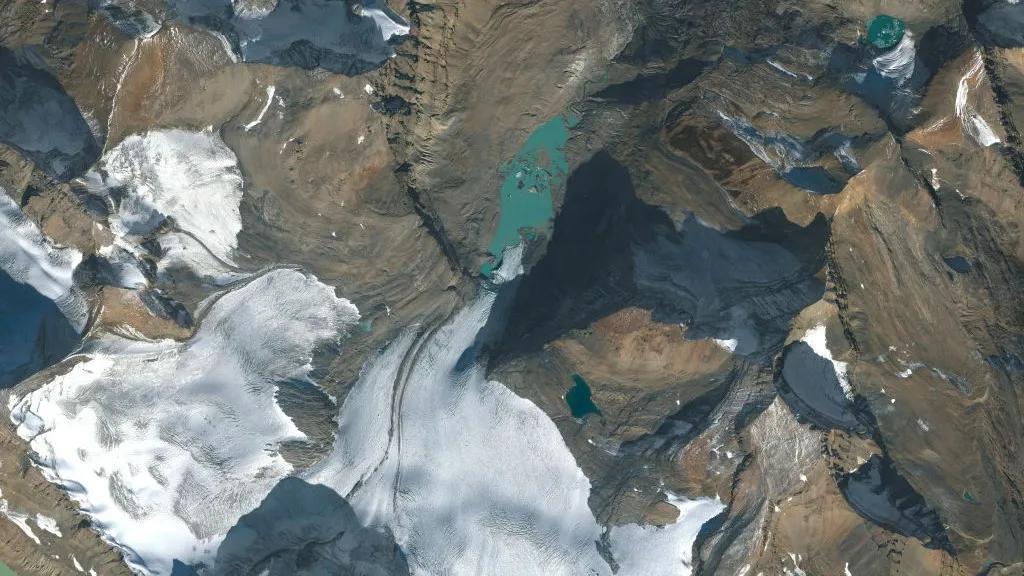
North America & Europe’s Glaciers Lost Unprecedented Ice in 4 Years: Study
A recent study has revealed that glaciers in North America and Europe have experienced an unprecedented loss of ice between 2021 and 2024. The research, published in the journal Geophysical Research Letters, found that glaciers in Washington, Montana, British Columbia, Alberta, and the Swiss Alps lost a staggering amount of ice over the four-year period.
According to the study, the glaciers in the United States and Canada lost an average of 24.5 billion tons of ice per year, while the Swiss Alps glaciers lost approximately 1.7 billion tons annually. This represents a significant increase from the previous decade, with the glaciers shrinking by up to 13%.
The study’s findings are a cause for concern, as glaciers play a crucial role in regulating Earth’s climate. Glaciers act as natural reservoirs of freshwater, and their melting can have significant impacts on sea levels, ocean currents, and local ecosystems.
The researchers used a combination of satellite imaging and field measurements to track the changes in the glaciers’ mass and volume. They found that the glaciers in the study area had lost a total of 97.3 billion tons of ice between 2021 and 2024, which is more than twice the amount lost between 2010 and 2020.
The study’s lead author, Dr. Garry Clarke, a glaciologist at the University of British Columbia, stated that the rate of ice loss is “unprecedented” and “alarming”. “We’re seeing a rapid increase in the rate of glacier melting, and it’s not just limited to one or two glaciers – it’s a widespread phenomenon affecting many glaciers across North America and Europe,” he said.
The researchers believe that the main cause of the rapid ice loss is climate change, specifically rising temperatures and changing precipitation patterns. As the planet warms, the glaciers’ snow and ice cover is melting at an accelerated rate, leading to a significant loss of mass and volume.
The study’s findings have important implications for the regions affected by the glacier melting. For example, the melting of glaciers in the Swiss Alps is expected to have significant impacts on the region’s hydrology, potentially leading to changes in river flow and water quality.
In addition, the loss of glaciers in North America is expected to have significant impacts on local ecosystems and wildlife. Glaciers provide a unique habitat for many plant and animal species, and their melting can lead to the loss of biodiversity and the displacement of native species.
The study’s authors are calling for urgent action to mitigate the impacts of climate change and slow the rate of glacier melting. This includes reducing greenhouse gas emissions, protecting and preserving glaciers, and supporting research into the impacts of climate change on glaciers and ecosystems.
In conclusion, the study’s findings are a stark reminder of the urgent need for climate action. As the world continues to warm, the rate of glacier melting is expected to accelerate, leading to significant impacts on the environment, ecosystems, and human communities. It is essential that we take immediate action to reduce our carbon footprint and protect our planet’s natural resources for future generations.
Source:
https://agupubs.onlinelibrary.wiley.com/doi/10.1029/2025GL115235






